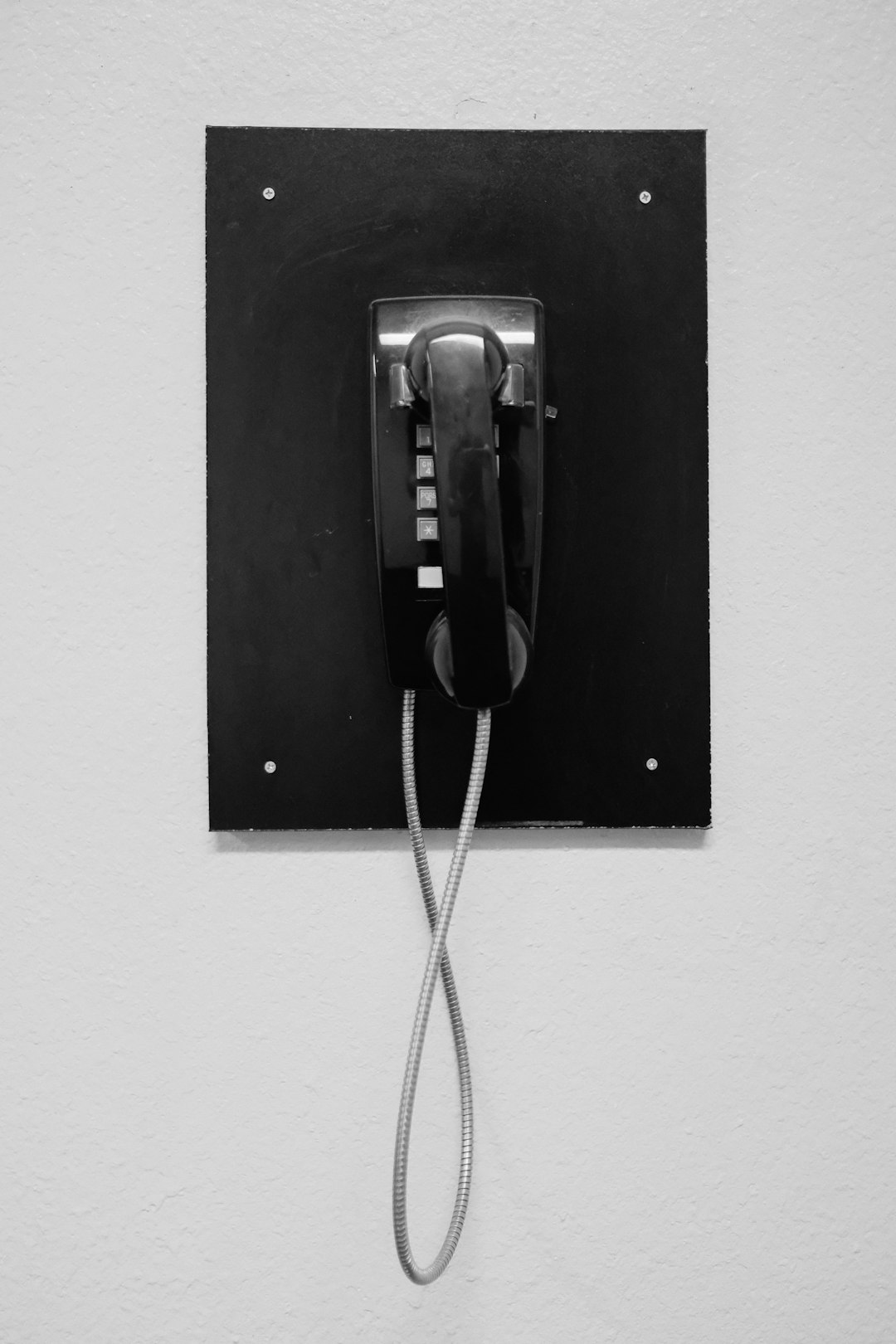In Louisiana, a debt collector lawyer plays a crucial role in managing debt collection issues, ensuring compliance with state laws like the Fair Debt Collection Practices Act (FDCPA). A cease and desist letter, drafted by such a lawyer, is a powerful tool for debtors to stop harassing communication and protect their rights. This process is vital when debtors feel their rights have been violated, offering a legal way to resolve disputes without escalation.
“In Louisiana, understanding cease and desist letters (C&D) is crucial for both debtors and debt collectors. This article guides you through the intricate rules governing C&Ds in the state, focusing on legal requirements for debt collectors and when a C&D is necessary. Learn from navigating legal actions against debt collectors and find out how a Louisiana debt collector lawyer can assist in ensuring compliance with state laws. By understanding these nuances, you’ll protect your rights and make informed decisions.”
Understanding Cease and Desist Letters in Louisiana

In Louisiana, a cease and desist letter is a formal communication from a debt collector or their lawyer requesting that a person stop certain actions related to a debt. These letters are designed to resolve issues between debtors and collectors without escalating to legal action. When a debt collector sends a cease and desist letter, they are essentially demanding that the recipient refrain from contacting the debtor directly, threatening or harassing them regarding the debt.
Understanding the rules around these letters is crucial for both debtors and debt collectors in Louisiana. Debtors have rights, including the right to request validation of the debt and to stop communication from collectors if it becomes harassing. A debt collector lawyer in Louisiana can help explain these rights and ensure that cease and desist letters are handled appropriately, adhering to state laws and regulations.
Legal Requirements for Debt Collectors in LA

In Louisiana, debt collectors must adhere to strict legal requirements set forth by state laws and regulations. One of the key components is the Fair Debt Collection Practices Act (FDCPA), which outlines the guidelines for ethical and lawful debt collection practices. This federal law ensures that debt collectors treat consumers fairly, honestly, and with due respect.
Additionally, Louisiana has its own specific rules and regulations, such as requiring debt collectors to provide proper notice and documentation when pursuing a debt. They must also disclose the amount of the debt and the name of the original creditor. A debt collector Lawyer in Louisiana can help navigate these intricate rules, ensuring that both debtors and creditors understand their rights and obligations, thereby fostering a fair and transparent debt collection process.
When is a Cease and Desist Necessary?

In Louisiana, a cease and desist letter is a crucial tool for both individuals and debt collectors to navigate complex legal landscapes surrounding debt collection practices. It’s typically necessary when there’s a dispute over the validity of a debt or the methods being used to collect it. For instance, if you believe that a debt collector has violated your rights as a consumer, such as through harassment, threats, or misrepresentations, sending a cease and desist letter is an initial step towards resolving the issue.
This formal communication serves as a legal demand for the debt collector to stop all collection efforts immediately. It also outlines the specific behaviors or practices that are deemed unacceptable. A debt collector lawyer in Louisiana can assist in drafting such a letter, ensuring it complies with state laws and effectively conveys your intention to resolve the dispute without further aggravation.
Navigating Legal Actions Against Debt Collectors

Navigating legal actions against debt collectors in Louisiana involves understanding specific rules and regulations. If you believe a debt collector has violated your rights, consulting with a debt collector lawyer in Louisiana is a crucial step. These professionals can guide you through the complex legal landscape, ensuring you know your rights and options.
In Louisiana, debt collectors must adhere to the Fair Debt Collection Practices Act (FDCPA), which outlines ethical collection practices. A debt collector lawyer can help determine if a cease and desist letter is warranted under these laws. They will assess whether the collector has engaged in abusive, false, or deceptive practices, such as making harassing calls or misrepresenting the amount owed. Knowing when to send a cease and desist letter can be vital in protecting your interests and putting an end to illegal debt collection methods.






